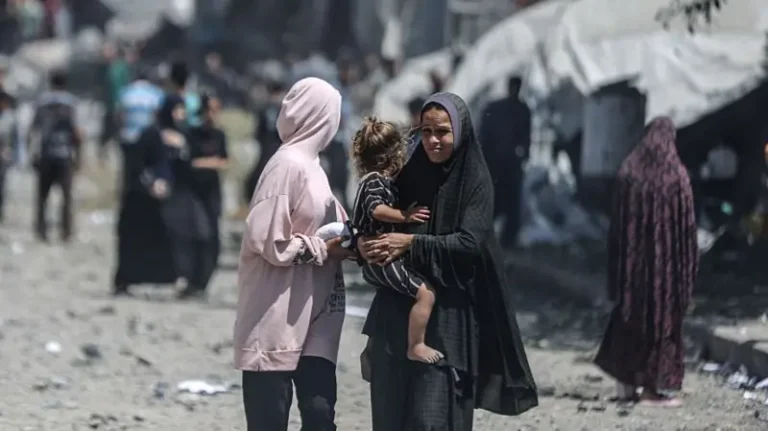
German police announced Thursday that a shooting at a Jehovah’s Witness center in Hamburg had claimed several lives, with the shooter perhaps among them. Authorities have not released a death toll, but some local media outlets reported that seven people were killed and eight others were critically hurt in the incident.
According to a police official on the scene, the initial emergency calls came in around 2015 GMT after bullets were fired at the building in the city’s Gross Borstel neighborhood.
According to a tweet from the police, “a number of individuals were critically injured, some even fatally,” in the incident.
Police urged people not to speculate, saying that they currently had “no reliable information” regarding the crime’s purpose.
A catastrophe warning app had sounded an alarm for “severe danger” in the area, but just after 3 am local time, Germany’s Federal Office for Civil Protection lifted it.
Early on Friday, Hamburg police tweeted: “The police measures in the neighborhood are progressively being stopped. The background of the crime is still being looked into.
Peter Tschentscher, the mayor of the port city, tweeted his dismay at the shooting.
Police claimed that on Thursday night something had happened in the unremarkable, three-story building.
According to the neighborhood newspaper Hamburger Abendblatt, Jehovah’s Witnesses had assembled for their weekly Bible study.
Over 175,000 members of the Jehovah’s Witnesses, a late 19th-century US Christian movement famed for its door-to-door evangelism and non-violent message, reside in Germany, including 3,800 in Hamburg.
According to authorities, the first cops on the site discovered a number of dead bodies and badly injured people.
According to the Hamburger Abendblatt, the fire department was taking care of 17 attendees who were unharmed.
The Tunisian attacker, a failed asylum applicant, supported the terrorist organization known as Islamic State.
Because of its involvement in the coalition against the Islamic State in Iraq and Syria, the most populous country in Europe continues to be a target for terrorist organizations.
According to data from the interior ministry, the number of Islamists deemed dangerous in the nation increased by five to 615 between 2013 and 2021.
Yet, a number of far-right attacks have also targeted Germany in recent years, leading to claims that the government is not doing enough to combat neo-Nazi violence.
In the central German city of Hanau in February 2020, a far-right extremist shot and killed 10 people while injuring five more.
Two individuals were killed in 2019 after a neo-Nazi attempted to storm a synagogue in Halle on the Jewish holiday of Yom Kippur.
Source: AFP



